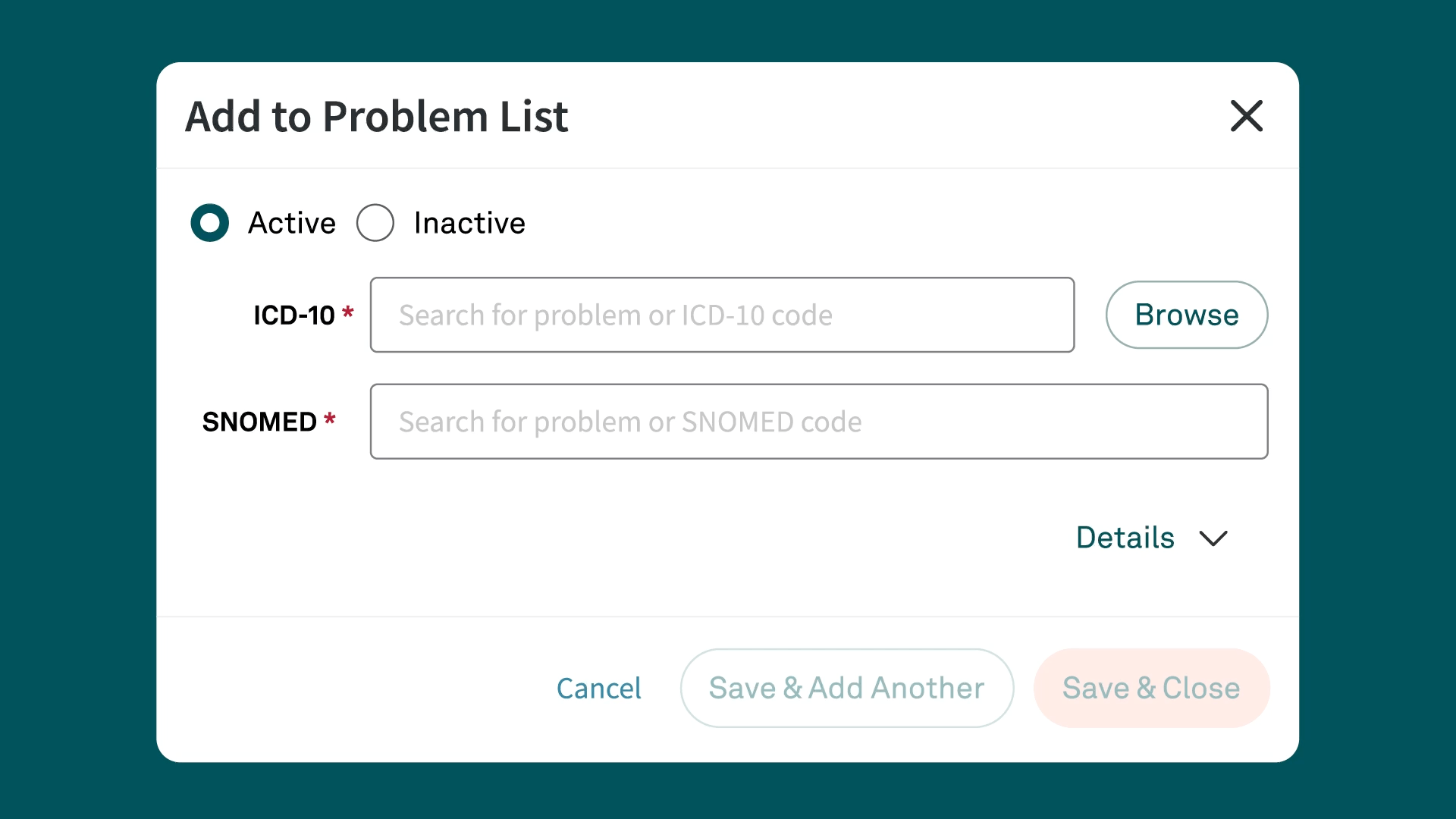ICD-10 Code R63.5
Abnormal weight gain
What is the code R63.5?
R63.5 is an ICD-10-CM code that stands for "abnormal weight gain." This code is used to classify and document instances where a patient presents with weight gain that is considered abnormal, which can include rapid or unexplained weight gain.
Detailed description of R63.5
R63.5, "abnormal weight gain," encompasses various scenarios where a patient's weight increase does not align with typical growth patterns or is deemed excessive relative to their health status. This code is essential for capturing instances where weight gain may be a symptom of underlying health conditions, such as metabolic disorders, endocrine imbalances, or other medical issues that require further investigation and management.
Symptoms commonly associated with R63.5
Symptoms commonly associated with R63.5 include:
- Rapid weight increase over a short period
- Noticeable changes in body mass and proportions
- Accompanying symptoms such as fatigue, swelling, or changes in appetite
- Potential underlying conditions like hypothyroidism, Cushing's syndrome, or polycystic ovary syndrome (PCOS)
Related and similar ICD-10 codes
- E66.0–E66.9: Overweight and obesity
- E66.0: Obesity due to excess calories
- E66.01: Morbid (severe) obesity due to excess calories
- E66.09: Other obesity due to excess calories
- E66.1: Drug-induced obesity
- E66.2: Morbid (severe) obesity with alveolar hypoventilation
- E66.3: Overweight
- E66.8: Other obesity
- E66.9: Obesity, unspecified
- R63.4: Abnormal weight loss
- E28.2: Polycystic ovarian syndrome
Appropriate usage of R63.5 for billing
R63.5 should be used for billing when a provider documents in the assessment portion of the note that a patient presents with abnormal weight gain that is clinically significant. This code is appropriate when the weight gain is not merely a result of dietary habits but is suspected to be linked to an underlying medical condition. Proper documentation in the provider's assessment portion of the note should support the use of this code to ensure accurate billing and reimbursement.
Instructional guidelines for coding R63.5
When coding with R63.5, it's important to:
- Confirm that the weight gain is clinically abnormal and significant
- Ensure that the coding reflects the assessment portion of the provider's note, focusing on diagnoses and symptoms
- Document any underlying conditions or contributing factors
- Use additional codes to specify related conditions, such as endocrine disorders or metabolic issues
Common pitfalls in coding with R63.5
Common pitfalls in coding with R63.5 include:
- Using the code for normal weight fluctuations that do not require medical attention
- Failing to document the clinical significance of the weight gain
- Overlooking related conditions that may require additional codes
- Misclassifying weight gain due to pregnancy or normal growth in children, which should be coded differently
- Using codes with R63.5 that are excluded, including E23.6 adiposogenital dystrophy, E88.2 lipomatosis NOS, and E87.11 Prader-Willi syndrome
Key resources for R63.5 coding
- ICD-10-CM Official Guidelines for Coding and Reporting
- Centers for Medicare & Medicaid Services (CMS) coding resources
- American Health Information Management Association (AHIMA) guidelines
- Relevant medical literature on conditions associated with abnormal weight gain
Conclusion
R63.5, "abnormal weight gain," is an ICD-10-CM code for documenting and billing cases where patients experience significant weight gain that may indicate underlying health issues. Proper usage and documentation of this code help ensure accurate billing and support the management of patients' health conditions.
Simplify ICD-10 code documentation with Tebra
Tebra’s EHR+ gives you quick searches and Systematized Nomenclature of Medicine (SNOMED) field names for efficient code documentation. Plus, Tebra automatically saves ICD-10 to SNOMED mapping for future searches, streamlining your workflow.

Discover how Tebra helps providers effortlessly document health-related issues and conditions in this detailed post.
Download your free resource now
Access it instantly — just complete the form

Similar Codes
Stay Ahead with Expert Healthcare & Billing Insights
Get the latest industry updates, financial tips, and expert strategies — delivered straight to your inbox.

